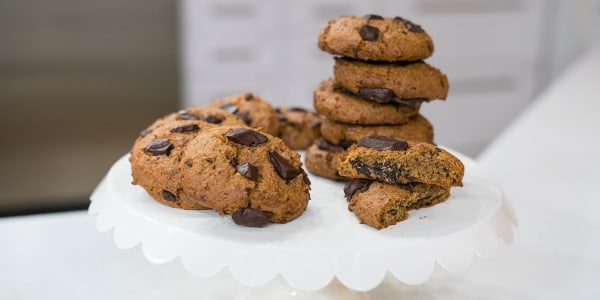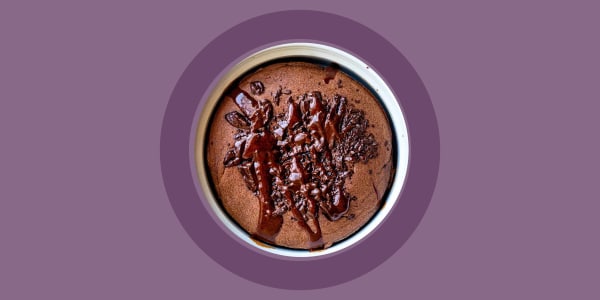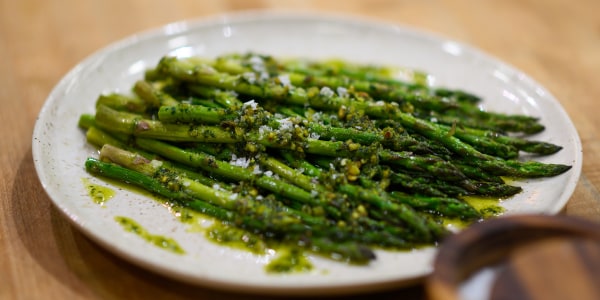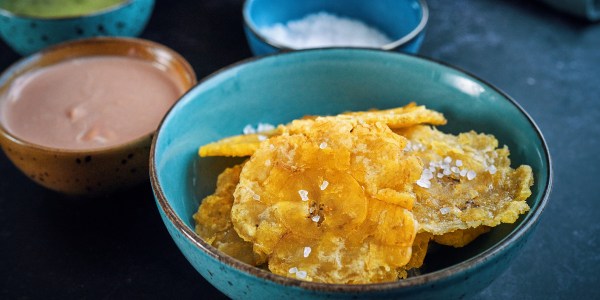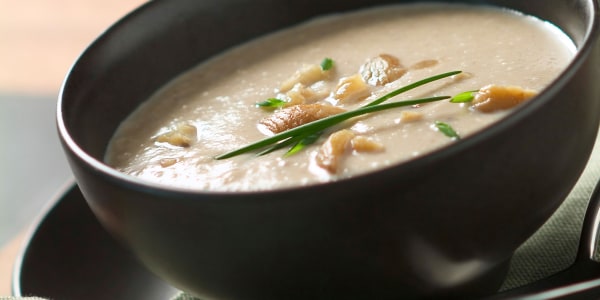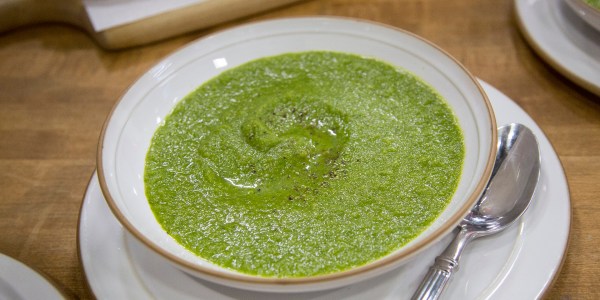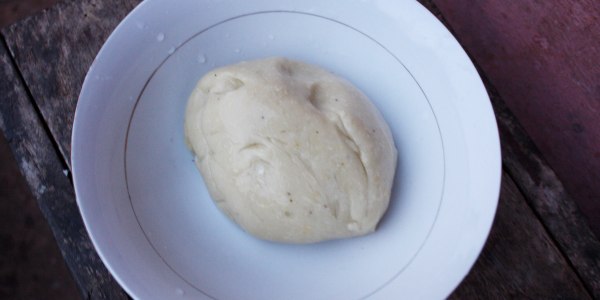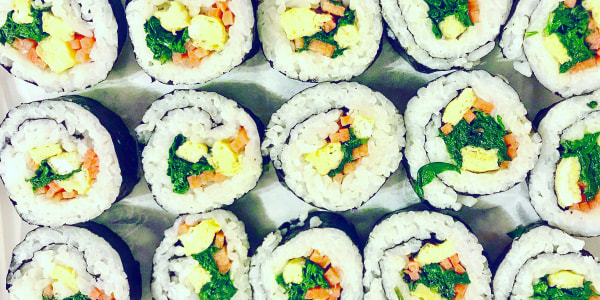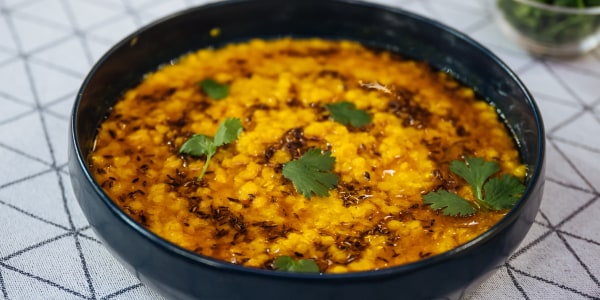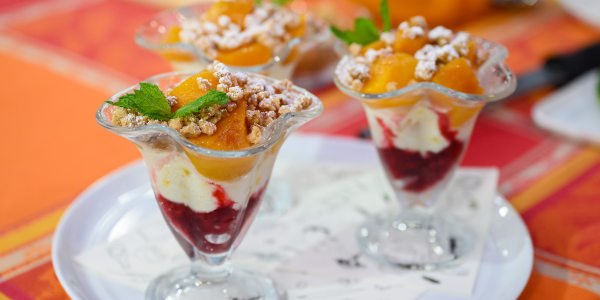Fermented foods like sauerkraut, kimchi, yogurt and kombucha have become darlings of the health food world, not just because they taste delicious, but because they contain probiotics. Probiotics are the beneficial live bacteria that help keep your gut healthy, supporting the immune system and aiding in digestion.
But, like the rest of us, those bacteria get hangry and don’t do their jobs well if they aren’t fed. That’s where prebiotics come in.
What are prebiotic foods?
Prebiotics are fiber-based components of food that are difficult for the body to digest. As a result, these scraps make their way down to the large intestine, where healthy gut bacteria are waiting to feast on them. Studies show that prebiotics are incredibly beneficial, supporting bone health by aiding in calcium absorption, alleviating allergies, preventing gut inflammation and strengthening the immune system.
Over the last few years, as rates of colorectal cancer and other chronic bowel conditions have increased, people are paying more attention to the role of prebiotics in gut and overall health. Global Marketing Insights predicts that the market for prebiotics will reach $9.5 billion by 2027.
While every prebiotic is fiber, not all fiber is prebiotic. Polyphenols, inulin and resistant starches are among the most common prebiotics. The good news is that these prebiotics are present in a variety of plant-based foods, so if you’re eating a mix of fruits, vegetables and whole grains, you likely don’t need prebiotic supplements.
Here is a list of some of the best prebiotic foods:
Dark chocolate
We’re going to start with the most fun one first. Not only is dark chocolate known to boost your mood, but it also contains flavanols that good bacteria love eating just as much as we do. Stick to dark chocolate that has at least 70% cocoa and enjoy it as a tasty treat, or skip any added sugar and top whole grain cereal or oats with cacao nibs. And speaking of oats …
Oats
Oats are a great way to keep your gut bacteria happy, as they contain prebiotics like beta glucan and resistant starch. Go for whole oats over flavored instant oats, as they’ll keep you fuller for longer and you can control any added sugar. Try this healthy baked oats recipe — it’s like eating chocolate cake for breakfast!
Asparagus
Gorgeous green asparagus is high in inulin, a prebiotic that has been shown to reduce the risk of colon cancer. Chop some up and add to a stir-fry, or simply toss in olive oil and salt and bake at 425 F for 10 minutes.
Green plantains
High in resistant starch, green plantains are even better than bananas for their probiotic properties. Make a healthier version of typically fried, crispy tostones by spraying with oil and baking or air-frying.
Apples
Skin-on apples are high in fiber, including pectin, which has prebiotic benefits. Enjoy it as a snack when you’re having a sweet craving, chop up and add to your morning oatmeal or try it in this savory, creamy soup with celery root.
Dandelion greens
Bitter dandelion greens are high in inulin. These dark, leafy greens are often overlooked because they do have a strong flavor and people don’t know what to do with them. Try them braised or sautéed with garlic and olive oil — and maybe a little bacon, for good measure. You can also blend them with other greens for a healthy, creamy greens soup like this one from Chloe Coscarelli.
Yuca (aka cassava)
Yuca, also known as cassava, is high in resistant starch. Try swapping in yuca for potatoes for a delicious mash, or experiment with cassava flour, which can be used to make gluten-free baked goods or fufu, a staple West African dough.
Seaweed
There’s a reason seaweed such as kelp is so trendy right now. Seaweed is not only a sustainable food, but it is rich in polysaccharides that support healthy gut bacteria. Add powdered kelp to fruity or chocolaty smoothies, make seaweed salad or miso soup with wakame seaweed — or just pick some up the next time you order sushi.
Pulses
Dried beans, lentils and peas pack a double punch of inulin and resistant starch to feed gut bacteria. Not only that — they are also rich in protein. Check out these primers on beans and lentils, and get cooking!
Flaxseeds
Flaxseeds have an incredible amount of fiber, in addition to omega-3 fatty acids and protein. Flaxseeds make a great vegan egg substitute for baking you can add them to smoothies or sprinkle atop yogurt, oatmeal or even ice cream.

